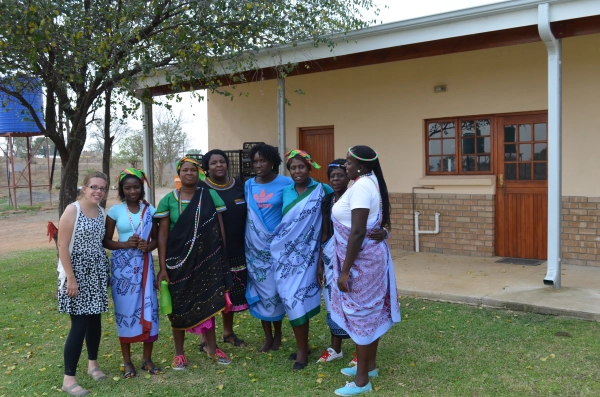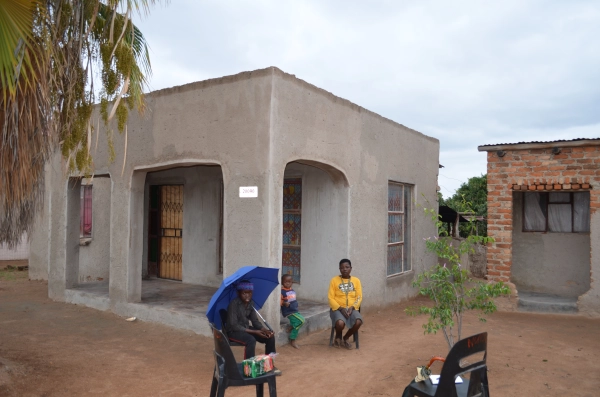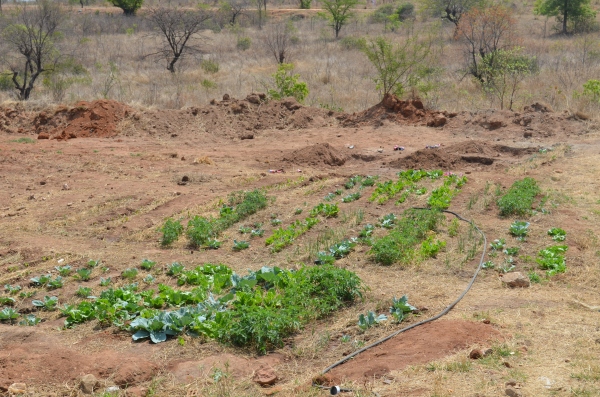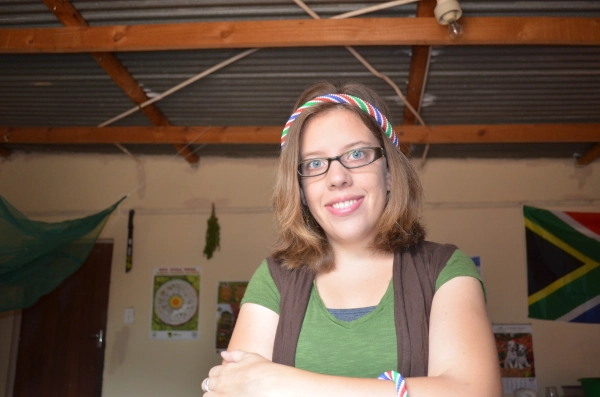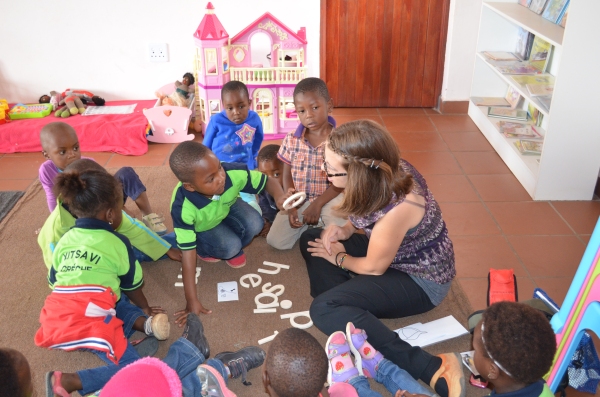I’ve been putting off writing this post for a while, because it’s difficult to put into words. But I guess I can give a short story and a long story.
I was medevac’d in early December from the Peace Corps South Africa, and officially medically separated in January 2014, after 30 months of service.
Short Story:
The readjustment and transition back to America has been really hard. More difficult than I ever would have imagined.
Long Story:
When I left South Africa, I wasn’t overly upset. I was seriously injured and dealing with a newly diagnosed neurological condition. I was sad to leave, but I wasn’t devastated In some ways, I was happy to return to my family and excited to spend the holidays with them after 2.5 years. I was also relieved to receive treatment for both my injury and my disease in the States, where I would have access to an internationally-known neurologist who focuses on CMT (my diagnosis). I would be dealing with physical therapy and leg braces, and I needed to be back in the States.
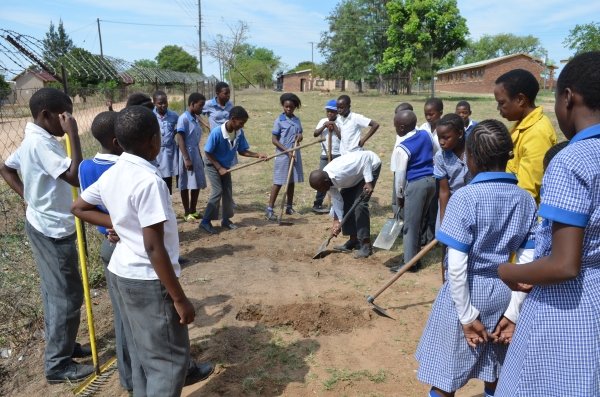
The start of a garden club at a nearby primary school…the only time I got to work with them before I left.
I figured I’d have to get used to American English, flush toilets, driving, and winter again, among other things. But even after going through COS conference and watching almost all of my cohort COS months previously, I had no idea what I was facing.
You see, medical separation is fiercely different than a typical COS, or even an ET. Most PCVs have weeks or months to wrap up projects, pack, and say goodbye. I had two hours. Most end their service with world travel. I ended mine with surgery, pain, and tears. Most PCVs get to prepare for life in the States again, looking for jobs and finding a place to live. I was on a plane just days after they determined I would be leaving for good.
I had no idea the emotional toll of all this.
I have struggled to come to terms with my departure from country. Now, almost six months later, I can finally write about it without dissolving into tears. It has taken that long.
I can look through photos and remember incredible memories, rather than feeling guilt-ridden and intensely homesick. I can read through my journals. I can talk to people easily about my experience in South Africa. The dreams of being back in South Africa have mostly ceased.
I want to be open and honest here, so that if someone else stumbles on this blog in the same boat as me, they can know they aren’t alone. It’s an entirely unique COS, reentry, and readjustment situation.
Rather than simply dealing with life back in the States, I have had to deal with being torn away from my job, my home, and my friends, then be sent back to friends and family who just can’t understand it all. Because you can’t understand it unless you’ve been through it.
I’m still readjusting. Every. Single. Day. I still feel homesickness for my life back in South Africa. Just about every single day. Not a day goes by when I don’t think about what’s going on there, my organization and school, and my friends.
I know my life has been fundamentally changed through my experience with the Peace Corps. I know some things will never be as they were before I left. I have changed. But in some ways, I am still transitioning back. It’s taken longer than I ever thought it would.
-Jen
PS. If you have been medically separated and are experiencing some of the things I’ve mentioned here, feel free to email me at jenpcv (at) gmail (dot) com. Let’s talk.

